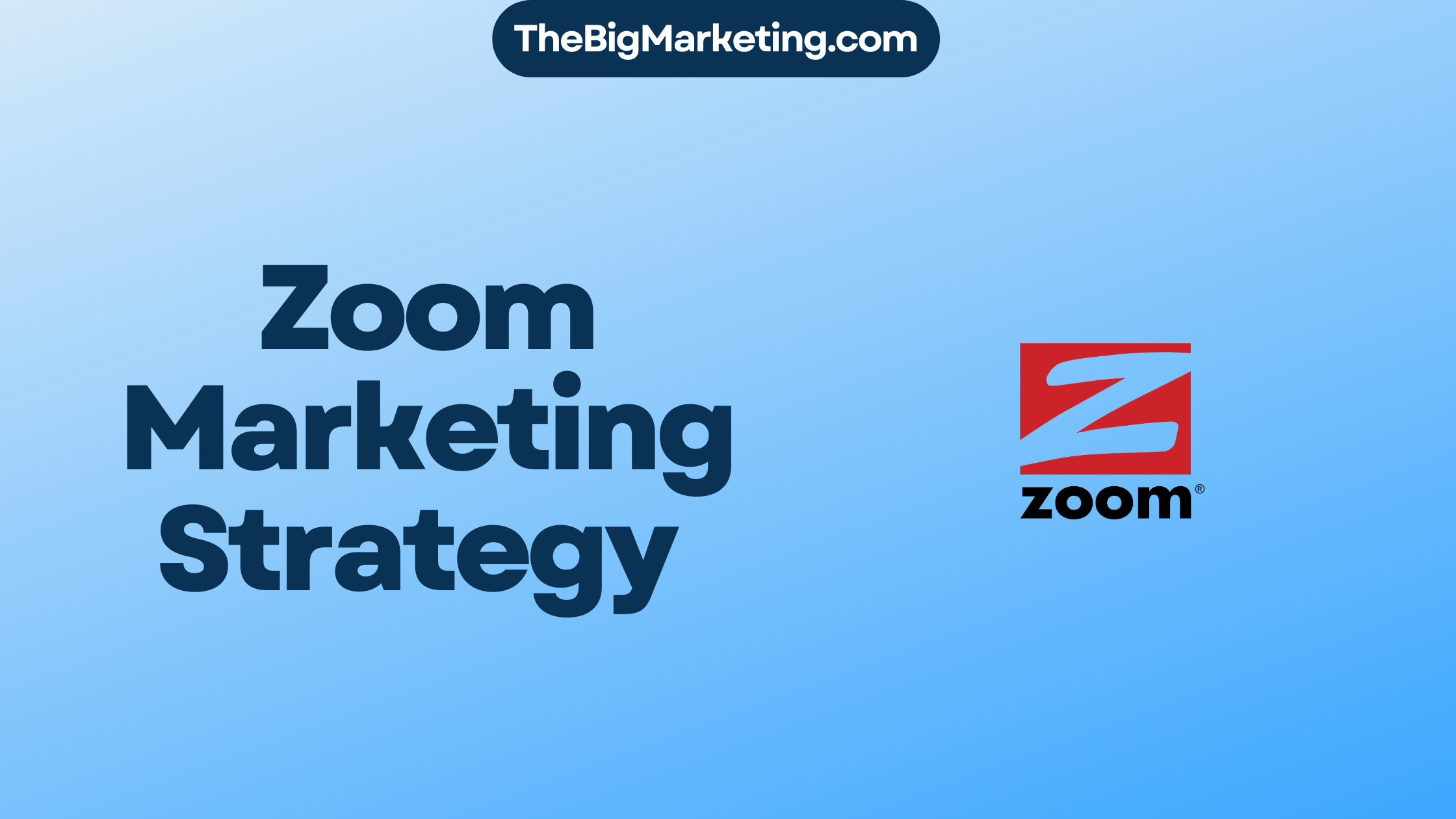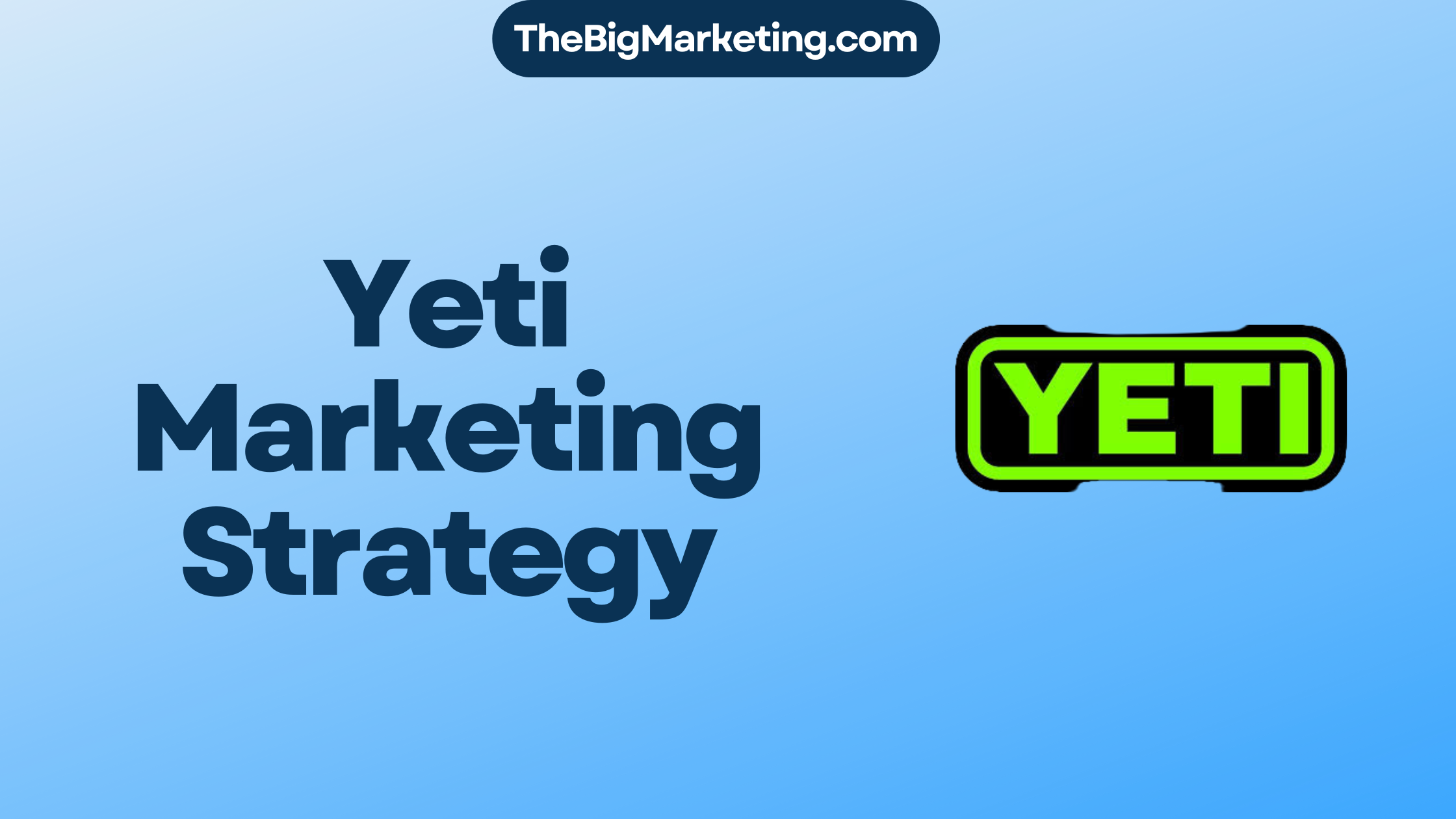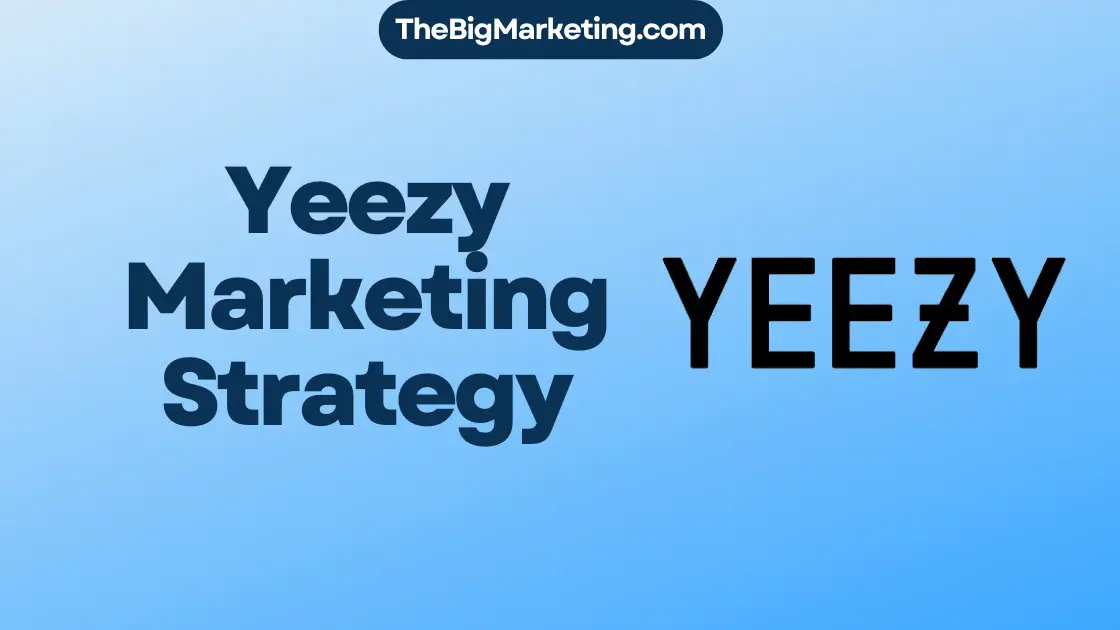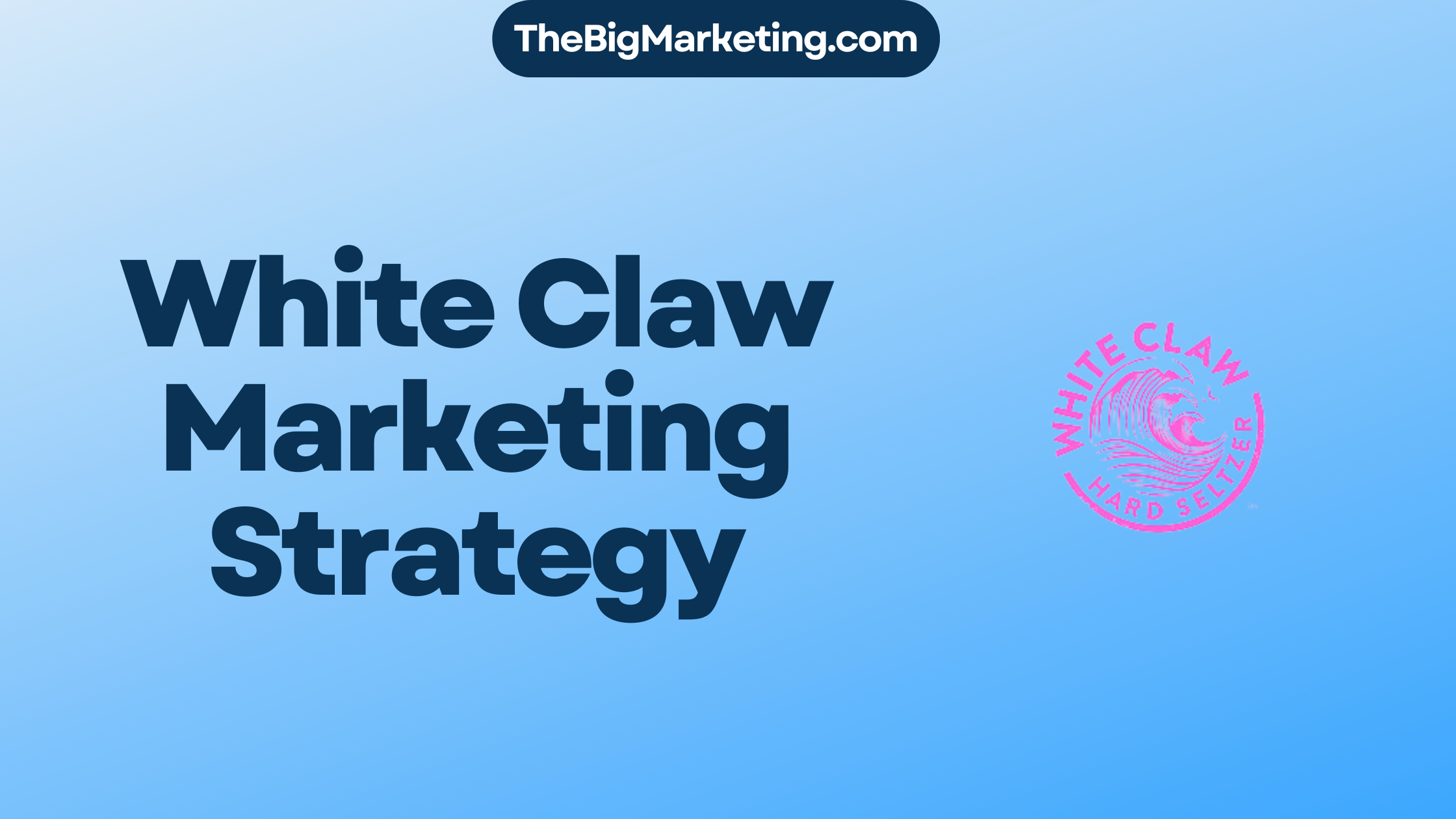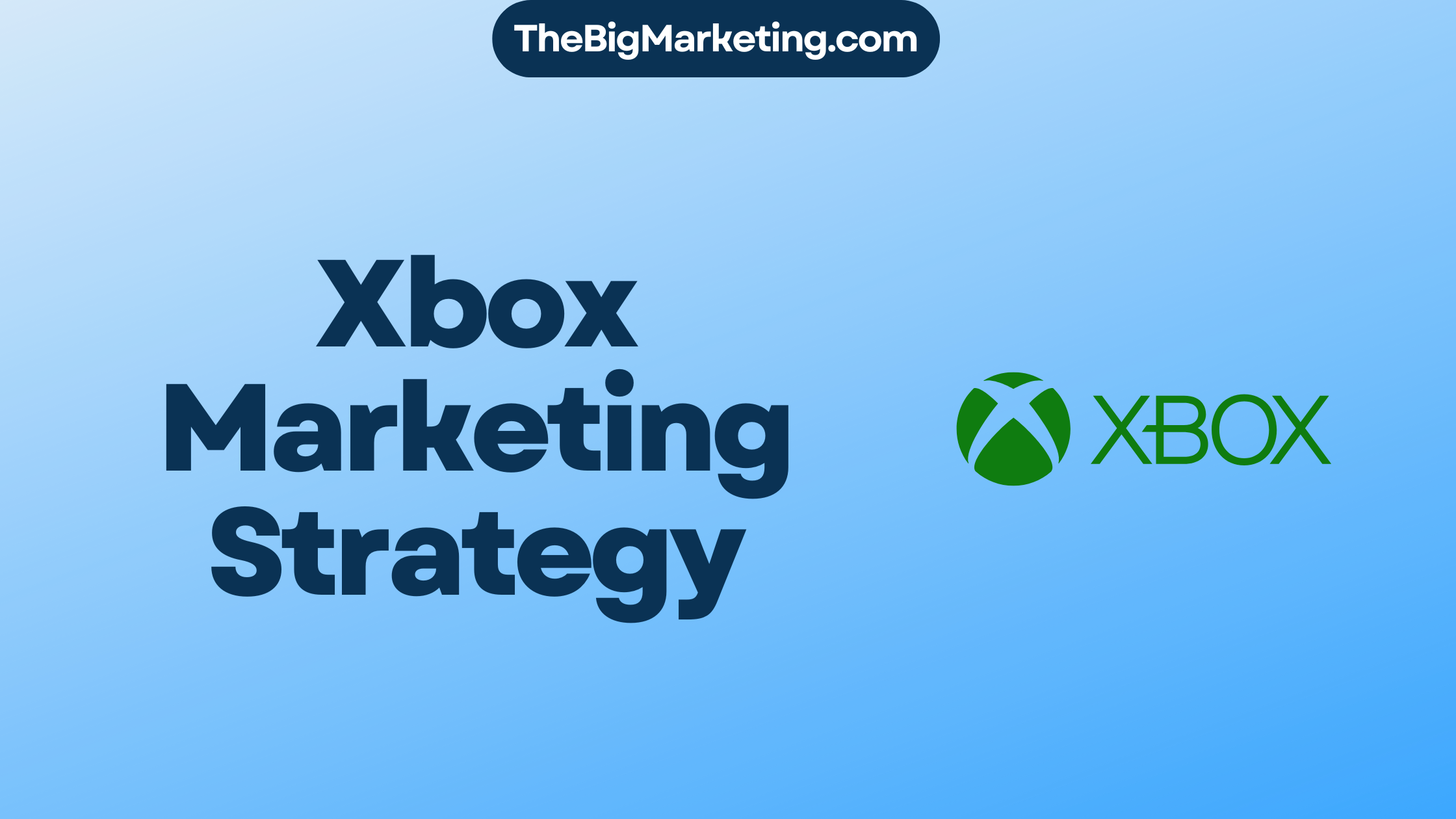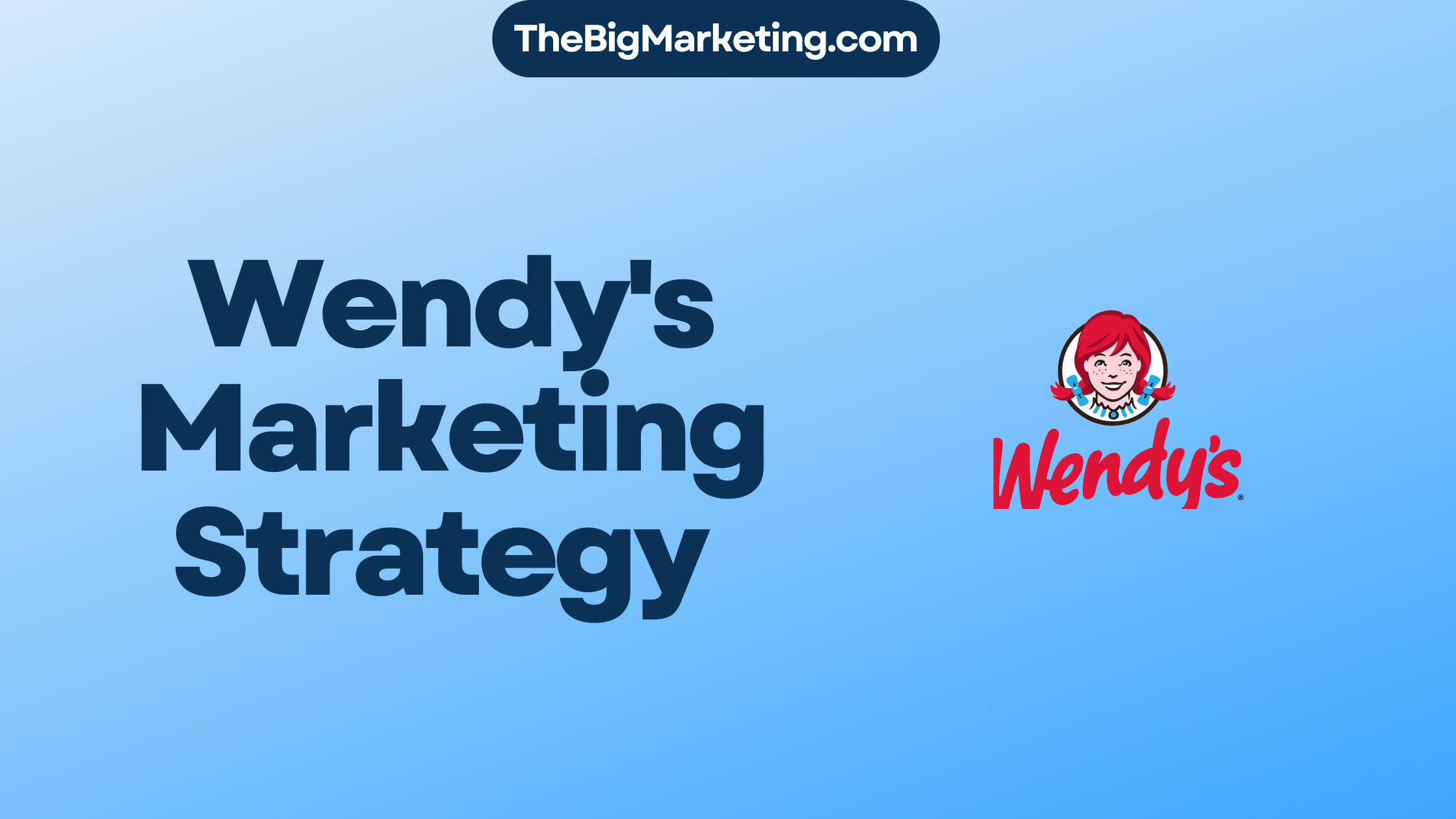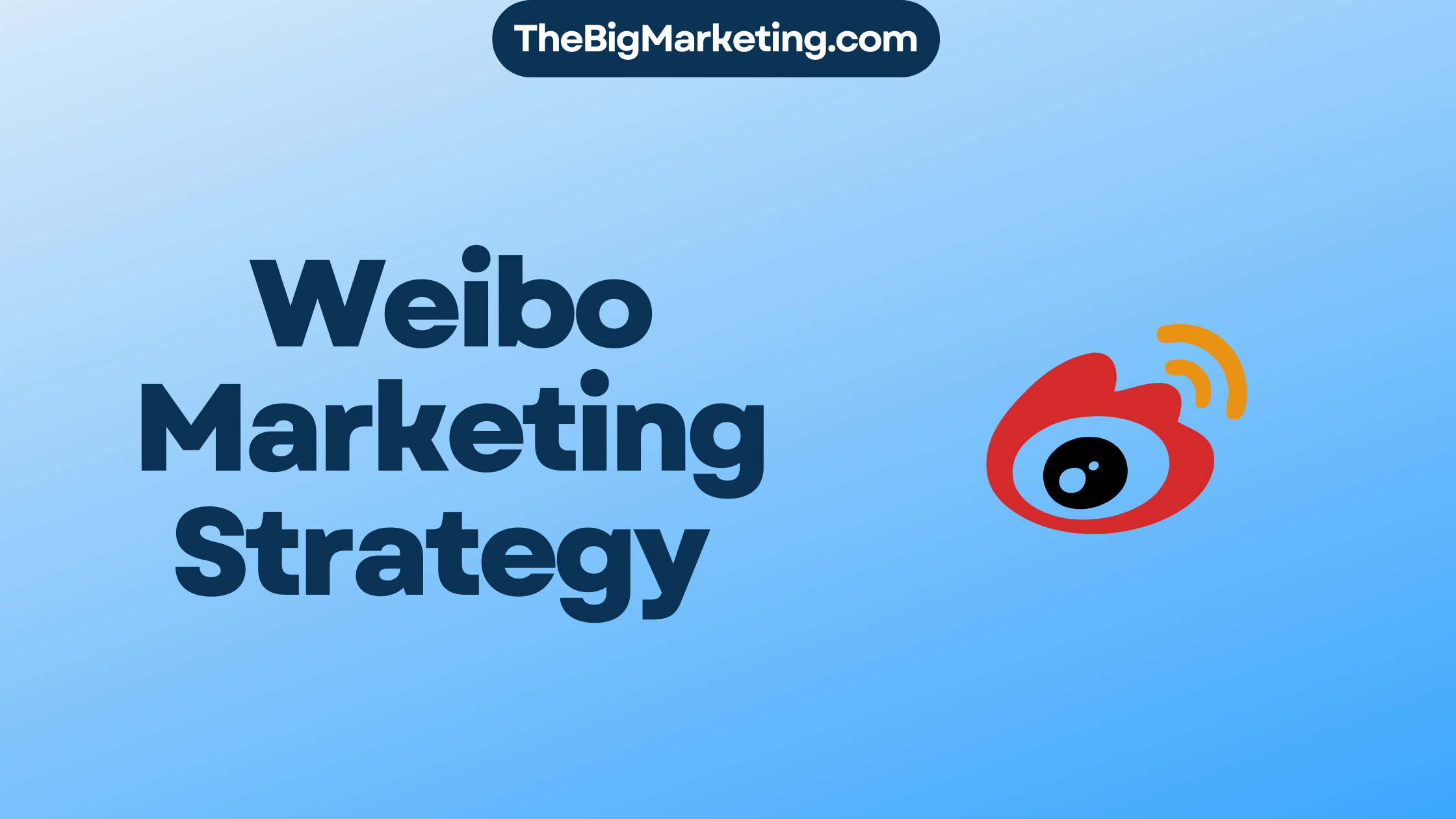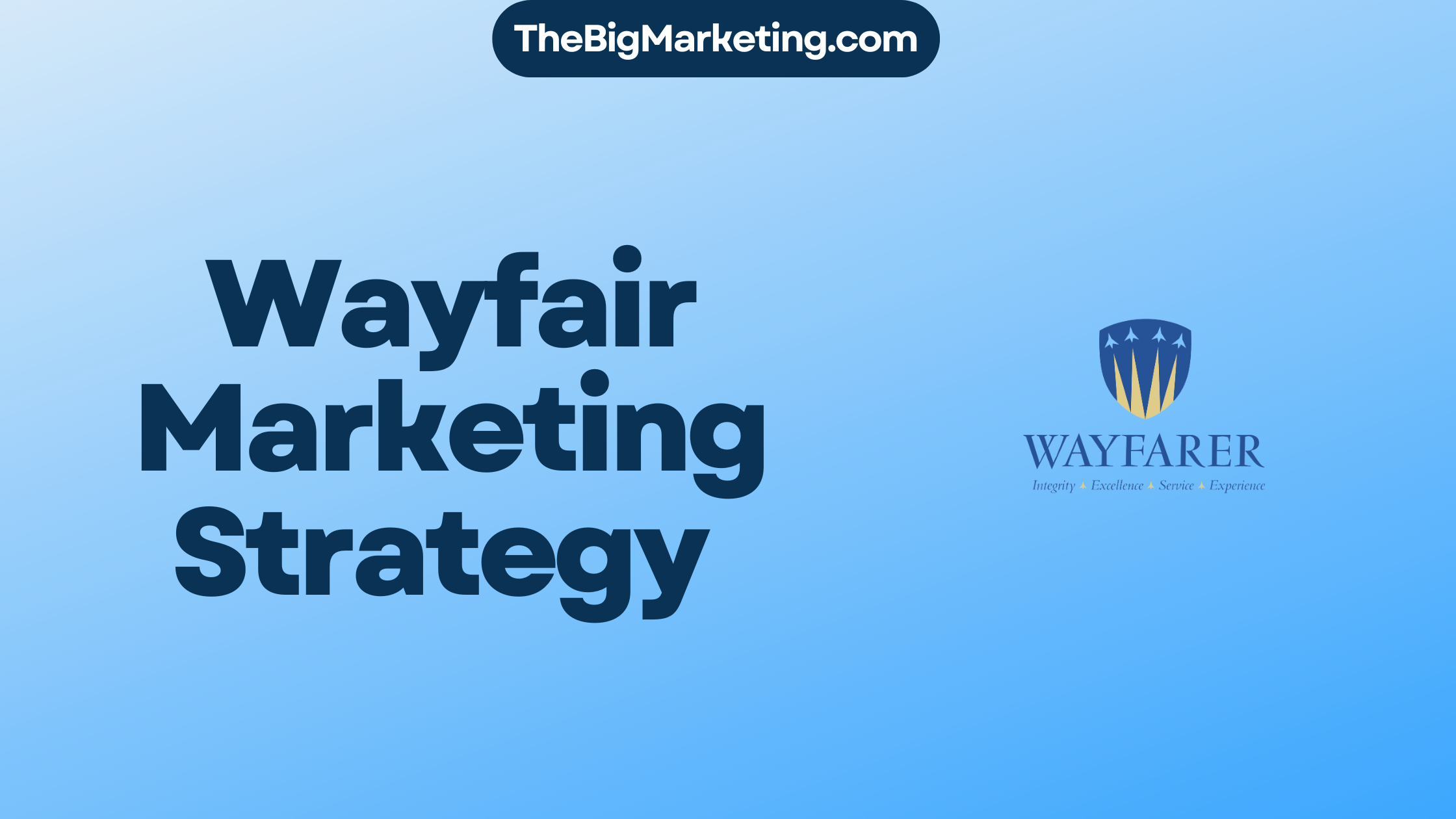Marriott International, a leading player in the hospitality industry, has achieved remarkable success through its strategic marketing approach. In this case study, we will explore Marriott’s marketing strategy, including its tactics for brand promotion, targeted advertising campaigns, and digital presence.
Marriott International has honed its marketing strategy to effectively cater to its diverse customer base. By implementing innovative marketing tactics, Marriott has firmly established itself as a trusted and globally recognized hospitality brand.
Key Takeaways:
- Marriott International has a well-defined marketing strategy to promote its brands.
- The company understands its target market and develops advertising campaigns tailored to specific customer segments.
- Marriott’s digital marketing efforts have played a crucial role in reaching and engaging its target audience.
- The company has learned from past failures and continuously improves its marketing approach.
- Marriott faces stiff competition in the hospitality industry but remains a leader through its effective marketing strategies.
About Marriott International
Marriott International, founded in 1927 by J. Willard Marriott, is an American international hospitality company with a wide range of hotels and lodging facilities. It operates across 131 countries, offering over 7,000 properties with around 1.4 million guest rooms. With 30 diverse brands, Marriott International has established itself as one of the most reputable organizations in the industry.
Marriott International’s Portfolio of Hotels
| Brand | Description |
|---|---|
| Marriott Hotels | Upscale hotels catering to business and leisure travelers. |
| JW Marriott | Luxurious hotels offering premium amenities and services. |
| Ritz-Carlton | World-class luxury hotels and resorts known for exceptional service. |
| Courtyard by Marriott | Moderately priced hotels with functional amenities for business travelers. |
| Aloft Hotels | Stylish and vibrant hotels targeting younger, tech-savvy travelers. |
Marriott International’s portfolio of hotels includes a variety of brands tailored to different segments of the market, ensuring there is a suitable accommodation option for every traveler.
Target Market of Marriott International
Marriott International understands the importance of targeting specific audience segments to effectively meet their diverse needs. Through its portfolio of brands, Marriott caters to a wide range of travelers, ensuring a personalized experience for each guest.
Brand Segmentation
Marriott International strategically segments its target market based on different brand categories, ensuring that each brand caters to a specific set of travelers:
| Brand | Target Audience |
|---|---|
| Marriott Courtyard | Over-the-road travelers |
| Ritz-Carlton Hotels | Luxury travelers |
| Marriott Conference Centers | Corporate clients |
| Marriott ExecuStay | People needing month-long accommodations |
| Marriott Vacation Clubs | Travelers seeking timeshares |
| JW Marriott | Customers seeking luxury and opulent atmosphere |
Marriott’s Target Customers
Marriott’s target customers primarily include individualistic travelers who value unique experiences and self-expression. These travelers seek accommodations that align with their personal preferences and travel style. Marriott also focuses on attracting business travelers, providing them with convenient amenities and services that cater to their specific needs.
By understanding the unique requirements of different traveler segments, Marriott International is able to create compelling experiences that resonate with its target market.
Marketing Mix of Marriott International
Marriott International’s marketing mix is a crucial component of its overall marketing strategy. By carefully considering the elements of product, price, place, and promotion, Marriott effectively positions itself as a leading player in the hospitality industry.
Product Strategy
Marriott offers a diverse range of hospitality services through its 30 distinct brands, catering to various travel needs and preferences. From luxury resorts to budget-friendly accommodations, Marriott ensures that it has a suitable option for every type of traveler. This extensive portfolio enables Marriott to target different customer segments and maximize its market share.
Price Strategy
Marriott’s price strategy revolves around delivering exceptional experiences that exceed customer satisfaction. While prices may vary based on the brand and specific offerings, Marriott maintains a reputation for providing quality and value. By consistently offering competitive prices and attractive deals, Marriott aims to attract and retain customers while driving revenue.
Place Strategy
With a strong presence in major cities and towns worldwide, Marriott strategically chooses ideal locations and distribution strategies to ensure its properties are easily accessible to target customers. By strategically placing its hotels and resorts, Marriott capitalizes on high-demand areas and enhances convenience for travelers. Additionally, Marriott maintains partnerships with travel agencies, online platforms, and other distribution channels to reach customers effectively.
Promotion Strategy
Marriott promotes itself and its brands through a robust digital marketing strategy. The company leverages its well-designed website, engaging social media presence, and influencer collaborations to enhance brand awareness and attract potential customers. By utilizing various digital marketing channels, Marriott effectively targets and engages its desired audience, showcasing its unique offerings and value proposition.
The image above visually represents the marketing mix of Marriott International, illustrating how the elements of product, price, place, and promotion work together to drive the company’s success.
Digital Marketing Strategy of Marriott International
Marriott International understands the power of digital marketing in effectively reaching its target audience. One of the key elements of the company’s digital strategy is the M Live platform. This innovative tool allows Marriott to track popular topics and trends in real-time, enabling them to provide personalized content recommendations to their customers. By staying informed of the latest trends and delivering tailored content, Marriott can effectively engage their audience and enhance the overall customer experience.
As part of their digital marketing efforts, Marriott also leverages social media platforms to amplify their brand presence. One such platform is Snapchat, which Marriott utilizes to partner with influencers and create engaging content. By collaborating with influencers, Marriott can tap into their followers’ trust and credibility, thereby enhancing brand awareness and expanding their reach. This strategic approach helps Marriott connect with a wider audience and establish a strong social media presence.
Furthermore, Marriott has developed a customer app that simplifies the check-in and checkout process for its guests. This app allows customers to easily access information about their bookings, receive personalized offers, and provide feedback on their experiences. One of the app’s notable features is the use of geofencing, which enables Marriott to interact with guests based on their location without being intrusive. By utilizing geofencing, Marriott can offer personalized recommendations or promotions tailored to customers’ specific needs and preferences.
Key Features of Marriott’s Digital Marketing Strategy:
- The M Live platform for real-time tracking and personalized content recommendations.
- Social media partnerships and influencer collaborations on platforms like Snapchat.
- A customer app that simplifies check-in and checkout processes.
- Geofencing technology to enhance personalized interactions with guests.
| Digital Marketing Strategies | Benefits for Marriott |
|---|---|
| M Live platform | Real-time insights and personalized content recommendations |
| Social media partnerships | Enhanced brand awareness and expanded reach |
| Customer app | Improved customer experience and personalized offers |
| Geofencing | Targeted and location-based interactions with guests |
Marketing & Advertising Campaigns of Marriott International
Marriott International has implemented strategic marketing campaigns to connect with travelers in unique ways. One notable campaign was the collaboration with Snapchat influencers to create engaging content called Snapisodes. These short videos showcased Marriott’s new and luxury properties, captivating the attention of various demographics.
By leveraging user-generated content and partnering with influencers, Marriott successfully reached a generation that may not have had a clear perception of the brand. This approach allowed Marriott to tap into the influential power of social media and connect with a wider audience.
This advertising campaign was widely shared across multiple digital channels, increasing brand visibility and generating organic buzz. The use of Snapchat influencers added credibility and authenticity to the campaign, as these influencers resonated with their followers and created a sense of trust.
Marriott’s innovative approach to marketing and advertising demonstrates its commitment to staying relevant and capturing the attention of modern travelers. By constantly adapting to emerging platforms and partnering with influencers, Marriott sets itself apart from competitors and solidifies its position as a leader in the hospitality industry.
Top 5 Competitors of Marriott International
In the highly competitive hospitality industry, Marriott International faces stiff competition from some of the biggest players in the market. Here are the top 5 competitors:
| Company | Website |
|---|---|
| Hilton Worldwide Holdings Inc. | https://www.hilton.com/ |
| InterContinental Hotels Group | https://www.ihg.com/ |
| AccorHotels | https://www.accor.com/ |
| Hyatt Hotels Corporation | https://www.hyatt.com/ |
| Wyndham Hotels & Resorts | https://www.wyndhamhotels.com/ |
These companies compete with Marriott International on a global scale and have established a strong presence in the hotel and lodging market.
Example of a Marriott’s Failed Campaign
While Marriott has had many successful marketing campaigns, it is essential to recognize that failures can occur. One notable example is the infamous “The Envelope Please” campaign in 2015. This campaign received widespread criticism and negative feedback from customers, highlighting the importance of thorough market research and understanding customer preferences before launching any campaign. Marriott quickly learned from this failure and implemented changes to improve future campaigns.
Lessons Learned
This failed campaign taught Marriott some valuable lessons about the importance of:
- Thorough market research: Understanding customer needs, preferences, and expectations is crucial for the success of any marketing campaign.
- Target audience alignment: Ensuring that the campaign resonates with the target audience and meets their specific needs.
- Adaptability: Being open to feedback and making necessary adjustments to improve future campaigns.
- Testing and evaluation: Conducting thorough testing and evaluation before launching a campaign to identify and mitigate potential issues.
By learning from their mistakes, Marriott was able to leverage the lessons learned from this failed campaign to enhance their future marketing strategies and achieve even greater success.
Conclusion
Marriott International has solidified its position as a leader in the hospitality industry through its effective marketing strategies. By adopting a comprehensive approach that includes digital marketing, targeted advertising campaigns, and a deep understanding of its target market, Marriott has successfully attracted and engaged customers across the globe.
One of the key factors contributing to Marriott’s success is its unwavering commitment to continuous improvement and adaptation to the ever-evolving digital landscape. By staying ahead of industry trends and leveraging technology, Marriott has been able to maintain its competitive edge and enhance its brand presence in the market.
Marriott’s focus on digital marketing has been particularly noteworthy. With a strong social media presence, innovative apps, and strategic collaborations with influencers, the company has effectively reached and resonated with its target audience. The use of user-generated content and creative advertising campaigns has further solidified Marriott’s position as an industry leader, capturing the attention of diverse demographics.
As the hospitality industry continues to evolve, it is evident that successful marketing strategies are crucial for a company’s growth and sustainability. Marriott International exemplifies this by consistently implementing innovative and impactful marketing initiatives. By understanding its target market, embracing digital platforms, and delivering exceptional customer experiences, Marriott has set a benchmark for successful marketing strategies in the hospitality industry.
FAQ
What is Marriott International?
Marriott International is an American international hospitality company with a wide range of hotels and lodging facilities operating across 131 countries.
What is the target market of Marriott International?
Marriott International’s target market includes individualistic travelers, sophisticated and self-defined travelers, as well as business travelers.
What is the marketing mix of Marriott International?
The marketing mix of Marriott International consists of product strategy, price strategy, place strategy, and promotion strategy.
How does Marriott International utilize digital marketing?
Marriott International utilizes digital marketing through its well-designed website, social media presence, M Live platform, and customer app with geofencing features.
What are some marketing and advertising campaigns of Marriott International?
Marriott International has collaborated with Snapchat influencers and focused on user-generated content to enhance brand awareness.
Who are the top competitors of Marriott International?
The top competitors of Marriott International include Hilton Worldwide Holdings Inc., InterContinental Hotels Group, AccorHotels, Hyatt Hotels Corporation, and Wyndham Hotels & Resorts.
Can you provide an example of a failed campaign by Marriott International?
One example of a failed campaign by Marriott International is the “The Envelope Please” campaign in 2015, which received criticism and negative feedback from customers.
What is the success of Marriott International’s marketing strategy?
Marriott International has established itself as a leader in the hospitality industry through its effective marketing strategies, attracting and engaging customers through digital marketing and targeted advertising campaigns.
